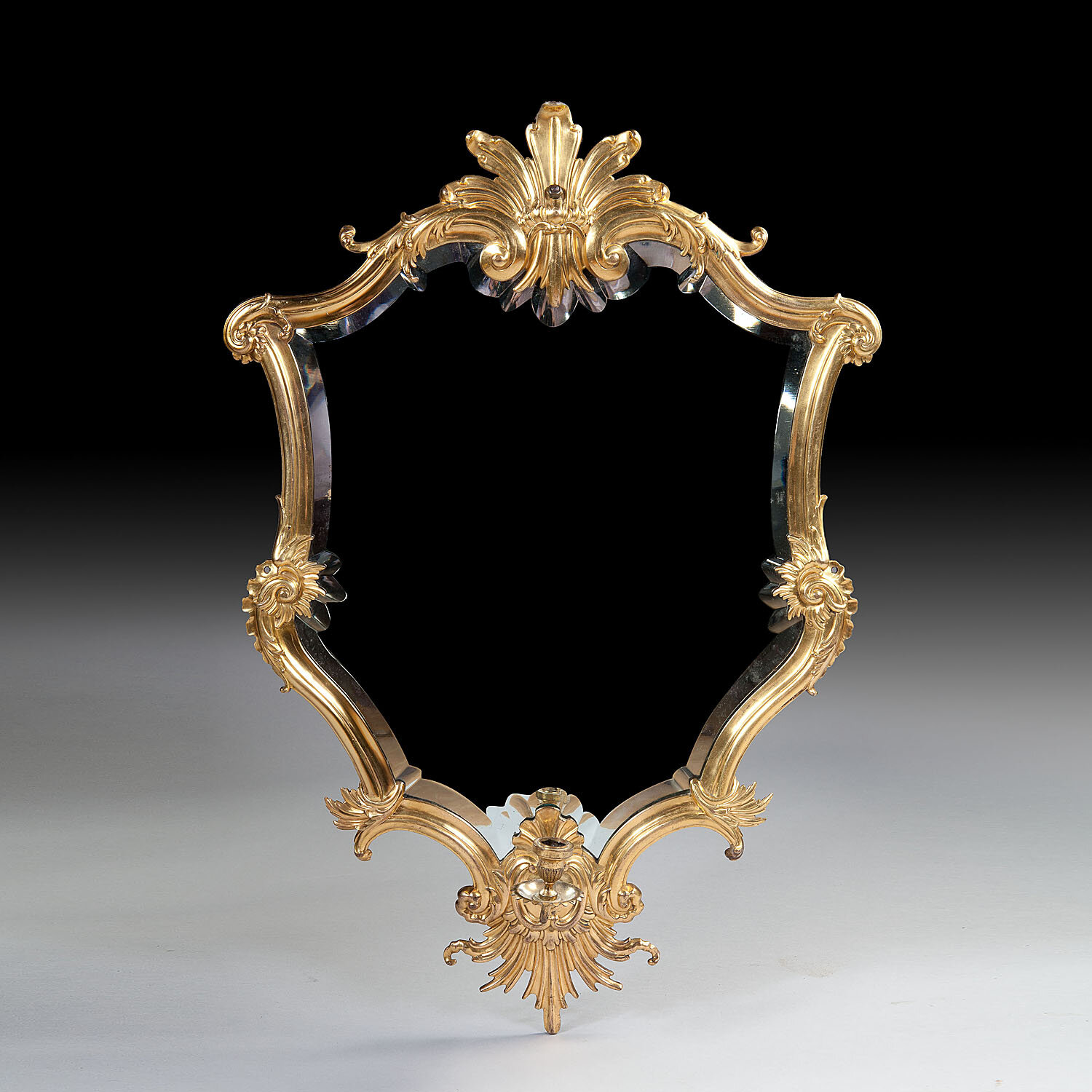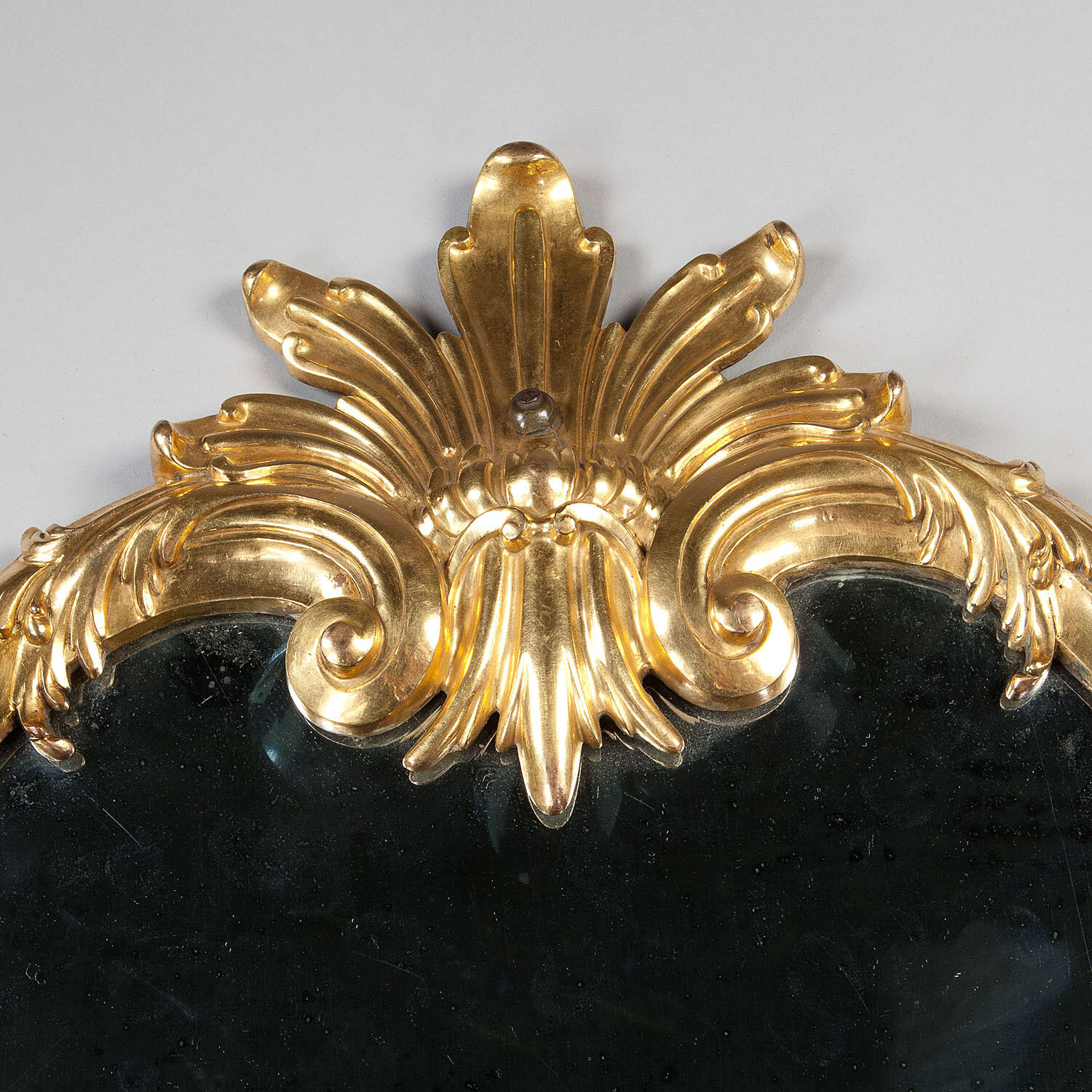The lockdown at 29 Hanover gardens has afforded me the opportunity to watch a few animation films again and again and again with my 2 1/2 year old boy twins. I could probably go on Mastermind and answer questions on the Cars trilogy, Moana or The frog and the Princess. Alongside this relentless repetition are the triumvirate of tidying, cleaning and cooking. But in contrast to our ever more gleaming home I have to admit that yours truly looks worse than ever. My wife, Esther, had a go at cutting my hair and it is now quite charmingly uneven. Neither of us feel the urge to get into ironing which means I slob about in t-shirts and as I rarely leave the house I mainly wear pyjamas and slippers. To add to the glamour I have reduced my shaving to a couple of slices a week so consequently I am quite grizzled. If you put the whole package together you will come up with someone who does not welcome or seek after long self-contemplation in the mirror. This is particularly ironic as I have quite a few mirrors and I love buying them.
If you go back in history there was a crucial moment when the mirror plate ceased to be more valuable than the frame around it. This turning point is much more recent than you might think. Mirror plate truly became available to the masses only after the mid 19th century when sheets of mirrored glass could pour out of factories. Before then a mirror had to be made from a bubble of blown glass that was flattened out and then later silvered using mercury paint. One of the curiosities of mercury is that it’s fluid nature survives metamorphosis into a paint and with very old mirror you can see where at the bottom of the plate the mercury has become thicker and sparkles brightly as it has flowed over centuries slowly down to the bottom of the plate.
The earliest mirrors very often have an over scale frame to compensate for the smallness of the mirror plate. You can see this with my Dutch bolection ebony and ebonised ripple mirrors. These extraordinary examples of lathe turning capture the spirit of the late 17th century perfectly. The smart black can conjure up the Puritans in England and the age of Rembrandt in the Low Countries. Black was the smart colour for every aspect of life. The two mirrors I have are identical in size and date but differ in their finish. One is the famous chequer board pattern and the other is a more familiar type of turning. The plainer example however retains its original bevelled mirror plate. This mirror is quite aged but is a miracle survival. The other mirror is rarer but does not retain its original glass.
It is a comfort that I cannot see myself in the early mirrors, nor can I see myself in the Queen Anne giltwood mirror. That too retains an absolutely wonderful original mirror plate. I live in South London and it is a nice thought to consider that I live a short walk from where this mirror was possibly produced. The most prestigious glass works at the time were in Vauxhall and we now tend to speak when we encounter a superb period mirror plate of it being a Vauxhall plate. We look for a really soft bevel, thin glass and a warm Mercury silvering. This giltwood mirror has it all. In addition it also benefits from its simple but rich design and its original gilding. You can nearly also tell original gilding when looking at so-called Gesso mirrors because the punch work decoration which is so distinctive of the style does not overlap. All the little punched circles are distinct from each other. This is an example of how the craftsmen of the 18th century just had more time to carry out their work than those of later eras. A slipshod approach emerges the more the time and concomitant financial pressure to complete the work is piled on.
In Italy, perhaps in Venice, in the mid 18th century the normal material for mirrors was in this case eschewed in order to create something that could be gilt wood but is in fact gilt bronze. This marvellously fluid rococo design is just delightful to roam round with the eye. There are so many delightful curves and shapes. This is a mirror I can look at myself in because I am never looking at myself I just look at the frame and revel in its shape. In addition I love looking at the nature of the gilding. A master craftsman has burnished it and the surface has been pushed into a sublime subtle ripple which flows over the surface giving it a rich lustre and glitter.
Moving on to the early 19th century I have a very unusual Regency over mantel mirror. It has a wonderful label on the back trumpeting its Norfolk makers. It is an articulated mirror that tips forward or back depending on whether you are looking to admire yourself or reflect candle light back into the room. By repute a mirror such as this one was supplied for every bedroom mantelpiece at the great Norfolk house Gunton Park. For me I am equally grateful currently that it resides at a height where it is almost impossible to admire oneself.
Not to forget the 20th century and the revival come celebration of simplicity that came via Italian design in the post war era. By the front door we have this simple circle of wood suspended from a rope. There is nothing to it except that of course it is the culmination of centuries of mirror making and it is one end of the search. It is as pared down as a design could get.















